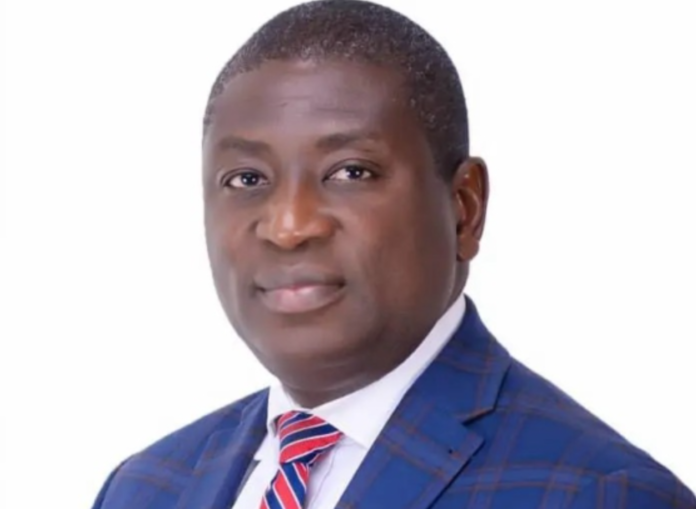Energy analyst Kwadwo Poku has strongly criticised the National Democratic Congress (NDC)’s 24-hour economy initiative, describing it as mere political sloganism rather than a practical economic strategy.
Speaking on JoyNews’ AM Show, Mr. Poku said the government must go beyond slogans and confront the real economic challenges Ghana faces.
“I believe we should stop this sloganism and deal with reality,” he said. “We need to differentiate between politics and the actual economic situation.”
He noted that the original idea of the 24-hour economy was vague and confusing, lacking a clear roadmap for implementation.
“When the 24-hour economy was launched, the idea seemed to revolve around job creation through multiple shifts, including night work. There was even a claim that welders working at night would enjoy cheaper electricity. But today, when you read the official policy document, the entire narrative has changed.”
Mr. Poku said the updated policy now focuses on economic expansion, industrialisation and productivity—but the name remains misleading.
“You cannot mandate a 24-hour economy in a demand-and-supply-driven market. It’s not a policy that can simply be enforced. What they have now is a comprehensive economic growth plan, but calling it a 24-hour economy is misleading.”
He raised concerns about funding, pointing out that the policy document estimates a cost of $4 billion. When added to other initiatives like the ‘Big Push’, Ghana will need $14 billion within a short period.
“President Mahama has only four years in office. After exiting the IMF programme next May, he will have about two and a half years to raise this money. Ghana just secured $3 billion from the IMF over three years—so where will $14 billion come from in 18 months?”
He argued that the private sector also lacks the capacity to provide such large investments quickly, especially under Ghana’s current economic conditions.
“No private investor will rush to inject a billion dollars in a short time. Our sovereign credit rating is B- with a positive outlook. Local companies can’t borrow at cheaper rates than the sovereign, and multinationals depend on their parent firms abroad for funding.”
Despite his criticisms, Mr. Poku acknowledged the policy document contains good ideas and advised that it be handed over to the National Development Planning Commission.
“The document contains brilliant ideas. But it should be integrated into a long-term national development plan. Trying to rush such an ambitious programme within a limited political term is unrealistic.”
Source: Kareen Tei



